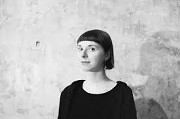
Friday, 31 March 2023 to Sunday, 2 April 2023

|
Sun2 Apr11:00am(20 mins)
|
Where:
Robing Room
Presenter:
|
